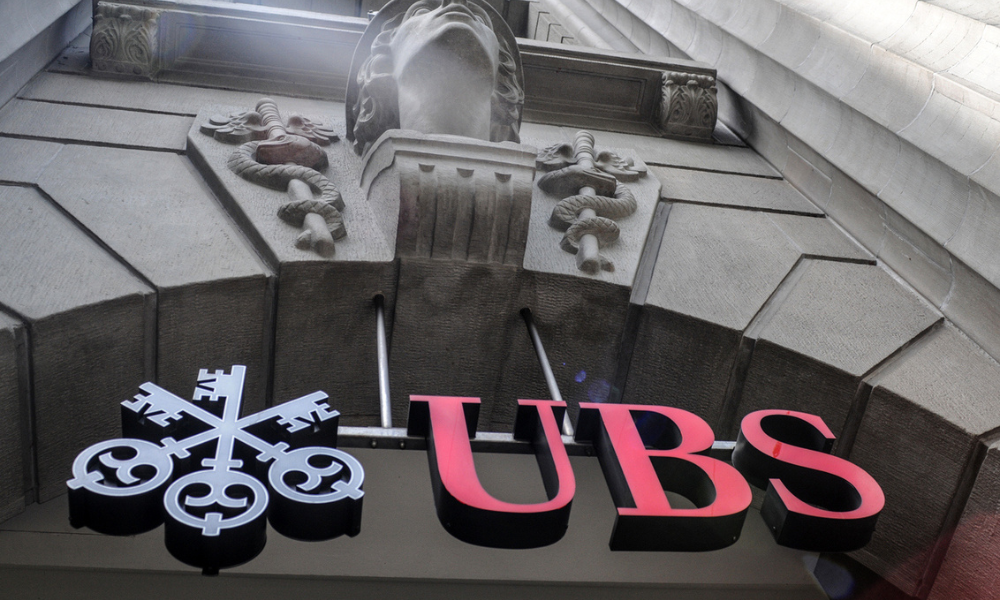

The much-talked-about Great Wealth Transfer is underway among the richest families, according to a new report.
The UBS Billionaire Ambitions report found that billionaires acquired more wealth in the last year from inheritance than from entrepreneurship, the first time this has been the case in nine editions of the annual research.
“This is a theme we expect to see more of over the next 20 years, as more than 1,000 billionaires pass an estimated $5.2 trillion to their children,” Benjamin Cavalli, head of strategic clients at UBS Global Wealth Management, said in a statement.
Global billionaire wealth partially recovered in the 2022-2023 period, as billionaires with consumer and retail businesses in Europe recovered after falling by almost a fifth in the previous 12 months.
There was a 7% increase in the number of billionaires globally in the last year, increasing from 2,376 to 2,544 and their wealth recovered by 9%, from $11.0 trillion to $12.0 trillion.
The global report published Thursday found that 53 heirs inherited almost $151 billion, while 84 self-made billionaires made just shy of $141 billion.
Most heirs (68%) say they plan to continue what their parents achieved in business, brand, or assets, and plan to ensure that they too will have a strong financial legacy to pass on to future generations of their family. Around one third said they will continue their parents’ philanthropic goals.
But that doesn't mean simply mirroring what has gone before, as there will be a sharp focus on new technologies, the clean energy transition, and impact investing. Meanwhile, first-generation billionaires are aware of this, with 58% claiming their greatest challenge will be instilling the necessary values, education, and experience in their heirs to take over.
As well as seizing new opportunities, billionaires are well aware of risks including U.S. recession (68% of first-generation billionaires are concerned about this) and inflation (57% of heirs are concerned). On AI, both sets of billionaires cite both opportunity and risk from the fast-growing tech.
When it comes to investment priorities, 43% of first-generation billionaires intend to increase their allocation to private debt over the next 12 months and 38% plan to increase developed market bond holdings.
Heirs prefer private equity, with 59% looking to raise direct private equity investments and 55% looking to invest more in private equity funds.
“The next generation has fresh views about business, investing, and philanthropy, redirecting large pools of private wealth to new business opportunities arising from the times we live in. Engineering a smooth succession will require founders and their families to do things differently, more than ever discovering common values and purpose to navigate a way forward that appeases all generations and allows them to continue building their legacies,” Cavalli added.

LPL's head of HNW planning says too many advisors are making a common mistake.

Market risk index shows hidden perils in seeking safety, and potential benefits from non-traditional investment vehicles.

Friends and family members are "the easiest type of victim to profile and steal from," said one attorney.

The commissioner also known as "Crypto Mom" says the agency is willing to work on different models with stakeholders, though disclosures will remain key.

Cetera's policy advocacy leader explains how gig worker protection proposal might hurt independent financial advisors, and why it's "a complete outlier" in the current legal landscape.
Stan Gregor, Chairman & CEO of Summit Financial Holdings, explores how RIAs can meet growing demand for family office-style services among mass affluent clients through tax-first planning, technology, and collaboration—positioning firms for long-term success
Chris Vizzi, Co-Founder & Partner of South Coast Investment Advisors, LLC, shares how 2025 estate tax changes—$13.99M per person—offer more than tax savings. Learn how to pass on purpose, values, and vision to unite generations and give wealth lasting meaning
